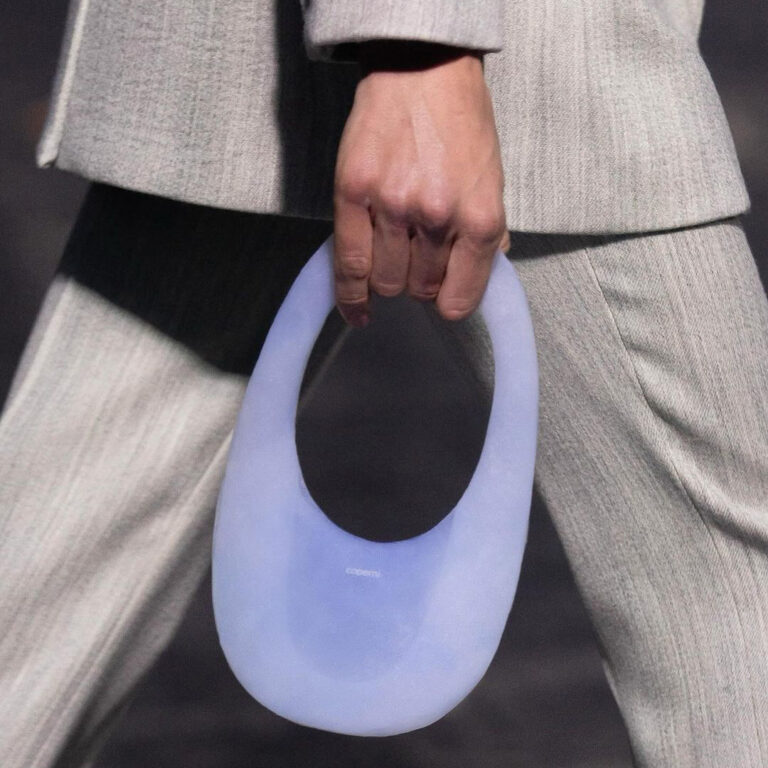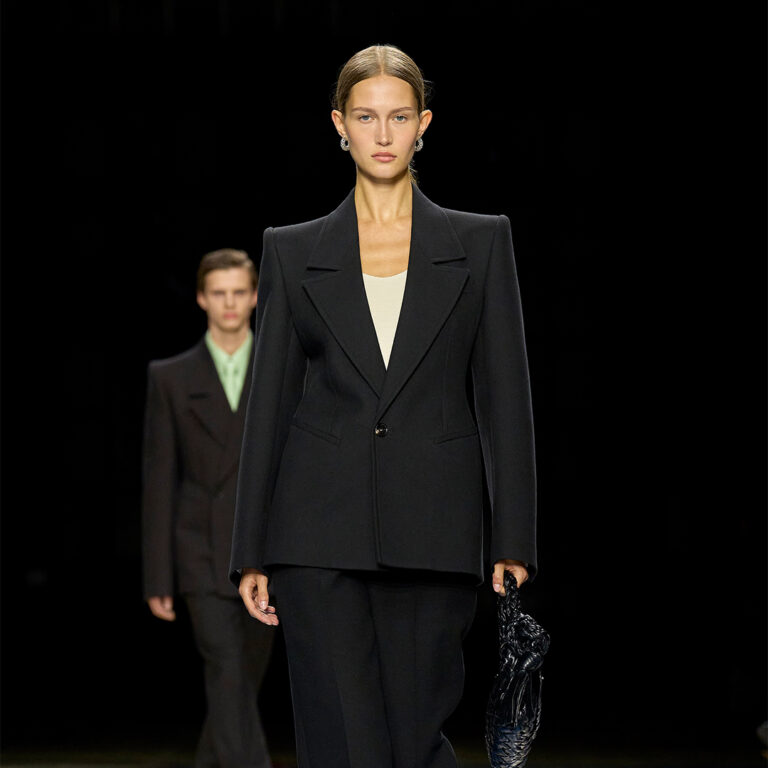Despite that there aren’t any physical events, Fashion Revolution Week has started and won’t be taken aback. And due to the current situation, this week is more needed than ever. Let’s take a look at its relevance and the progress of the fashion industry.
Cover photo: © Pexels
Fashion Revolution Week 2020
The COVID-19 crisis has showed the vulnerability of many industries. The fashion industry’s inequality has become more visible than ever. Many factory workers have been sent home without even getting paid, unused stock is left at production plants and so on.
However, we have to mention the good news as well. The British Fashion Council recently launched the Institute of Positive Fashion, Vintage resellers are booming and many renowned fashion houses have donated both huge amounts of money and started to develop mouth caps. Curious about what other positive changes have taken place within the fashion industry? Let’s figure it out.
Positive changes
Fashion Revolution Week is all about sustainability and taking care of your clothes, the environment, workers and all other relevant things within the industry. Under the current circumstances, we’re forced to change our habits and everyday behavior, especially when it comes to consumption.
1. Revaluing the old
It’s not the time to develop new collections or drop new products. It’s rather the perfect timing to look at one’s portfolio and the main building blocks of a brand. Many fashion houses have followed this rationale. For example, Proenza Schouler popped-up with an Archive Sale to sell old stock and many others educate customers about how to treat their clothes better. Hopefully, these will be lasting changes. When educating people how to take better care of the items they already own, consumption should become less.
https://www.instagram.com/p/B-iM__tp6IV/
2. Making your own clothes
Others are using this week to raise awareness for making your own clothes – a movement that was launched after the Rana Plaza diaster. Sustainable Upcycling Designer Sustainable Maria posted on Instagram: “This week is the #fashionrevolutionweek, a week dedicated to aware consciousness about how damaging #fashion industry is! The project was created after the rana plaza – a factory building – collapsed killing over a thousand people. This is a week to remember how powerful we are! Use it to keep yourself informed, learn some new #suatainabletips and #makearevolution! I made my clothes and you can make yours too, it changes the world.” Her post sheds light on a change that might take place: shall we be making our own clothes in the near future? Perhaps a little more than usual. The positive thing about making your own clothes, is that while doing it you realize how labor intensive the task is.
https://www.instagram.com/p/B_QRJK5JVYL/
3. Getting to know the story behind your garment
On Instagram Live, The Frankie Shop shared a conversation with the designer of their Padded Shoulder Muscle T-shirt – a huge hit on the internet. In the conversation they talked about the development of the design, ways to style it and the story behind its huge success. It’s always fun to learn about the story behind a garment; it makes you cherish it even more.
https://www.instagram.com/p/B_ND7gjlqUq/
4. Strong community
The fashion community has been stronger and more united than ever. At the digital Fashinnovation Talks Diane Von Furstenberg, Susan Rockefeller, Mara Hoffman, Kenneth Cole and many others talked about the current state of the fashion industry. Making it an online summit, they created a place accessible for everyone – without having to travel or pollute the planet in another way. On top of this, its reach is way bigger than is the case with physical events. A win-win situation.
Let us all be wiser concerning our everyday choices and how we live. Together we can fix the fashion industry.
Also read: Everything you need to know about Net Sustain – Net-a-Porter’s new sustainable section










